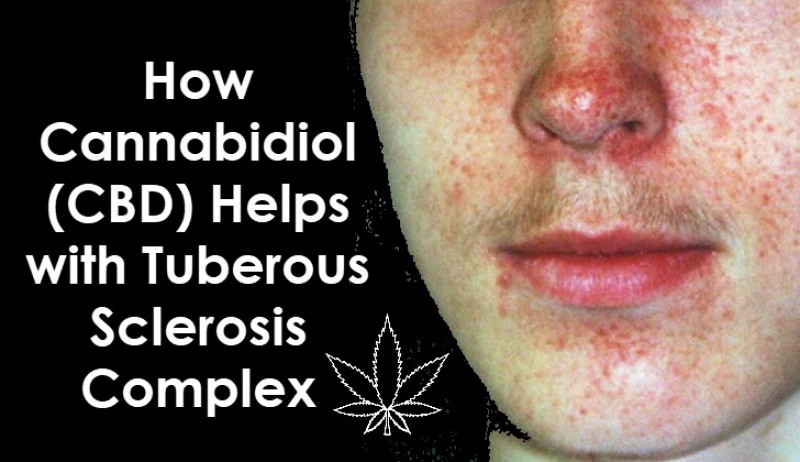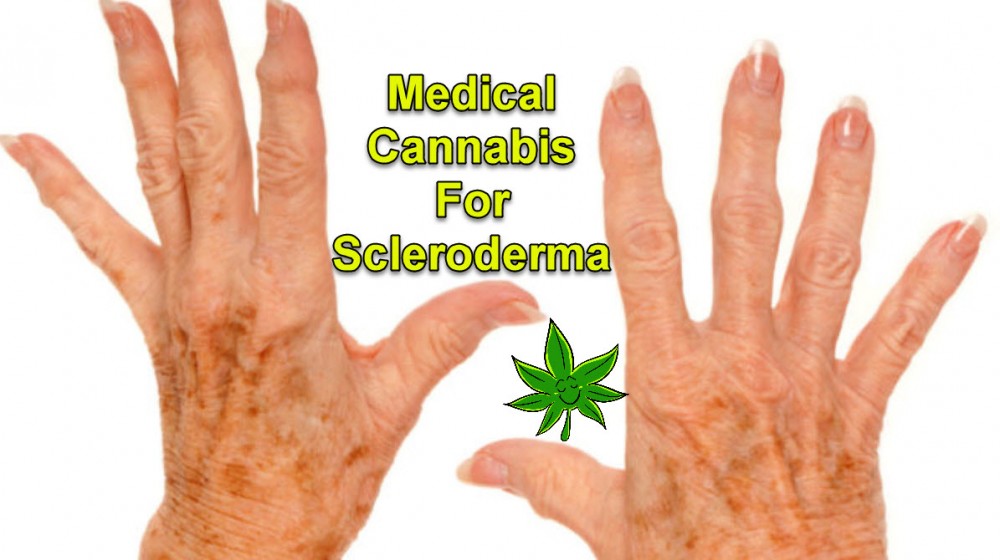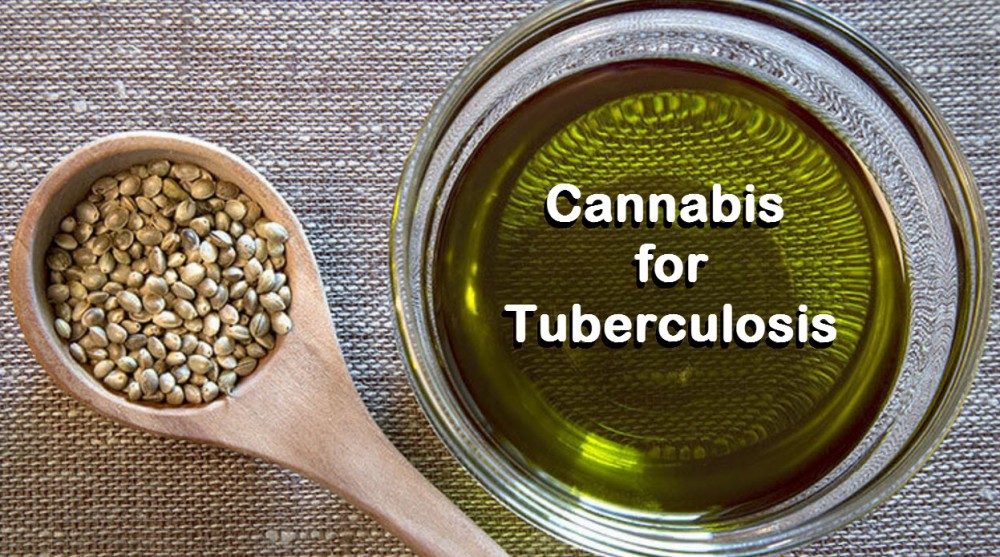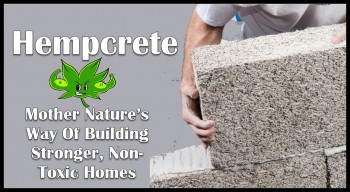How Cannabidiol Helps with Tuberous Sclerosis Complex
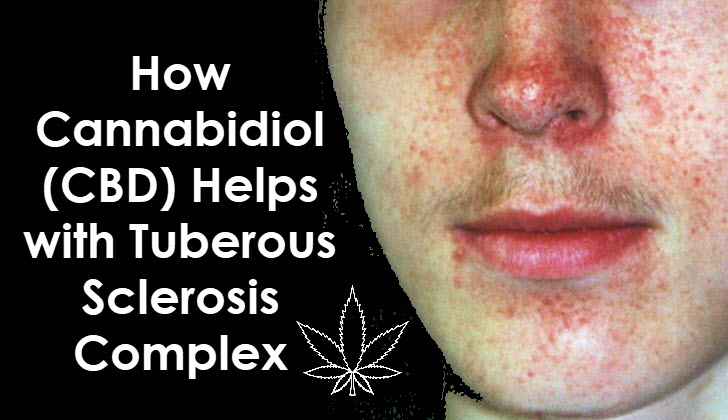
Medical cannabis has truly shown its teeth from being kept out of researchers’ hands over the last few years. As the endocannabinoid system was almost an inaccessible frontier as little as 10 years ago, not much was known about the interaction of cannabis on the body. Now, various pharmaceutical companies exploit the promising targets of all the disorders and diseases out there. This happens on physical and mental platforms, and in the next decade or two, the complexity of the endocannabinoid system will attract even more interest. Eventually, there will be a broad range of disorders benefiting from the therapeutic value of the cannabis plant.
There are many diseases, known or less known, that could benefit from the therapeutic properties cannabis has. One such rare condition is Tuberous Sclerosis Complex.
What is Tuberous Sclerosis Complex
Tuberous Sclerosis is one of those rare diseases. It causes tumors, or growths, in the brain and other organs. These growths can be found in the skin, eyes, kidneys, heart, or lungs. Most often, they are non-cancerous or benign. The first signs can already be picked up at birth. Most people develop symptoms over time, though. It normally starts with seizures or spots on the skin. Some suffering from Tuberous Sclerosis might have learning problems. The seizures are also quite hard to control.
What are the Symptoms of Tuberous Sclerosis?
If it is detected by childbirth, it normally starts with benign heart tumors. This condition is called cardiac rhabdomyomas. Another symptom is infantile spasms or a kind of seizure. When it develops later during childhood or even into adulthood, more symptoms are present. They include:
White spots under the skin that glow under a special lamp called hypopigmented macules
A rash on the face called facial angiofibroma. This often gets misdiagnosed as acne.
Growths in the kidney
Areas on the body where thick skin grows. This happens mostly on the back.
Growths under or around the nails
Pitted teeth
Coughing or shortness of breath
Mental disabilities
Developmental delays
Autism spectrum disorder
Each individual experiences different symptoms. For some, it might be very mild. Some have normal intelligence and no seizures.
How does one get Tuberous Sclerosis?
Tuberous sclerosis is a genetic condition where mutations in either the TSC1 or TSC2 gene can cause the condition. Because it is genetic, it can be passed on from parent to child. If one of the parents has Tuberous Sclerosis, there is a 50% chance that the children would inherit it. What makes it so complex though, is that in most of the cases of the disease, there is no family history. It is a new mutation that causes the disease. To diagnose the disease, several tests have to be done. A CT scan or MRI would be done to see if there are any brain tumors. A CT scan can also be done on the chest to look for heart tumors. An ultrasound of the kidneys could also be done to look for growths on the kidney. Ultraviolet light would also be used to check it the white spots on the skin are related to the disease.
CBD (Cannabidiol) and Tuberous Sclerosis Complex
What makes tuberous sclerosis so complex, is that it is an autosomal-dominant genetic disorder with highly variable expression. The most common neurological expression of TSC is epilepsy. About 85% of those diagnosed with TSC suffer from epileptic seizures. 63% of these patients develop treatment-resistant epilepsy. CBD is found to show efficacy in treating various neurological conditions. It is also non-psychoactive and a safe alternative. It is often used as an antiepileptic treatment. The question remains if it would be enough to treat patients who suffer from refractory seizures of tuberous sclerosis complex.
In one study, patients suffering from refractory seizures were tested over a time of 1 year. Patients were tested every 3 months with an increase of CBD each time. Patients participating in the study all had complex epilepsy histories. 18 of the patients had more than one seizure type. The median total weekly frequency during the 4-weeks baseline period was 22 on average. Throughout the first year of treatment with CBD, there was a continuous decrease in seizures.
Many of the patients experienced seizure freedom from one or more of their seizure types. After 3 months of CBD treatment, 3 patients were free of atypical absence seizures. 3 more patients were free of tonic seizures, 3 were free of tonic-clonic seizures, 2 patients were free of spasms, and another 2 patients were free of atonic seizures. Another 2 patients had a 97% reduction in complex partial seizures.
With the reduction of seizures by using CBD as a treatment, there were reports of improvements in alertness too. Verbal capacity and communication also improved. The physical and emotional connection was also heightened. Side-effects were experienced in 50% of the patients but were resolved when either the antiepileptic drug of CBD dose was adjusted.
Afterthought
Test results indicate that CBD safe, well-tolerated, and effective is in the treatment of the Tuberous Sclerosis Complex.
HEMP CBD FOR MEDICAL CHECKS, READ MORE..
MEDICAL CANNABIS FOR SCLERODERMA, READ THIS!

